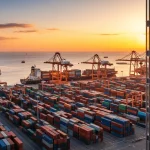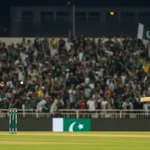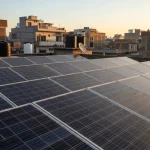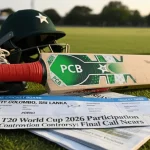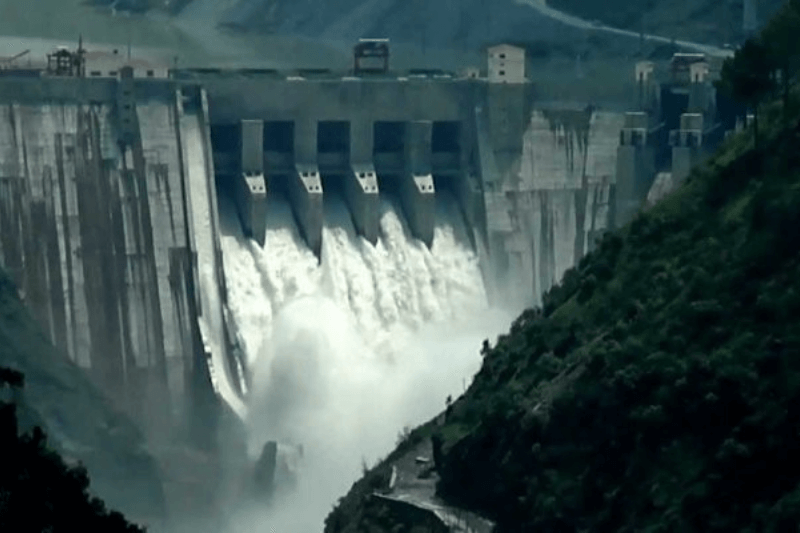
pakistan-visits-jammu-to-check-water-projects
A team of Pakistan experts is working in Jammu, a region in India’s territory. We are there to gaze at two mega hydropower projects namely Pakal Dul and Lower Kalnai located in the town. This is the first time that Pakistan has sent a team, that details these projects, in the last five years.
Why Are We Checking?
The first and foremost significance of the planned visit therefore is to confirm the above water projects taking the country fee from not replenishing the water being used by Pakistan. It is important to note that both countries are known to be divided by the rivers and we also have a special arrangement on how we are to utilize waters from such rivers.
Before the partition of Pakistan, the two nations agreed to a treaty for the sharing of water from the river known as the Indus Waters Treaty in the year 1960. Finally, it took them nine years to unfailingly come to this decision. The said country’s government was assisted by the World Bank in making this deal. It pays attention to aspects of sharing water resources of the rivers that cross the two countries without compromising on the rights of anyone involved.
Recent History and Tensions
The last time Pakistan checked these projects was in January 2019. After that, things got tense between Pakistan and India. This happened because India made a big change in how it controls Jammu and Kashmir, an area both countries argue over.
The Indian side says the Pakistani team will also look at two more projects: Kishen Ganga and Ratle. These are in an area called the Chenab Valley. It’s interesting to note that the river in Pakistan called Neelum is called Kishen Ganga in India.
Disagreements and Attempts to Solve Them
Pakistan wasn’t happy about some of these water projects. In 2016, we asked the World Bank to help solve the problem using neutral experts. Later, Pakistan changed its mind and wanted to use a special court instead. But India still wanted to use neutral experts.
Whereas earlier the Pakistani and Indian authorities sometimes could not decide on the dispute, in many referred cases, the World Bank has served as a mediator. Latef chose experts who have no relationship with him and the chairman of a special court on October 20, 2022. July 2023, this court noted that we could handle the case the way Pakistan desired.
In a similar case, in September of the same year, Pakistan attended a meeting in Vienna, Austria, about the issue with an impartial person. China and India are attempting both diplomatic and other measures to address their differences in water sharing.
